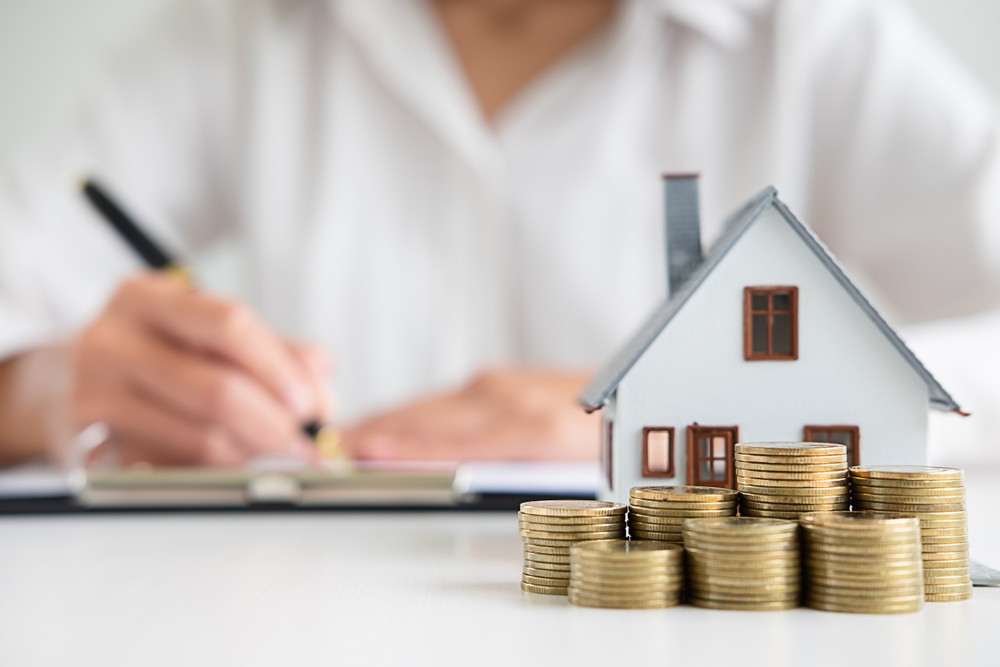Buy To Let
Landlords and property investors reminded to fill out tax return

Any landlords or investors who made a profit after selling a second home in the previous tax year have until 31 January 2021 to submit a tax return and pay Capital Gains Tax.
Any profit made from selling a UK residential property – which is not the main home – during the 2019/20 financial year must be declared on a self-assessment form with any Capital Gains Tax paid by 31 January 2021.
HMRC said property sales in 2019/20 are the last financial year for which landlords and property investors must report and pay profits via self-assessment.
This is because earlier this year, HMRC brought in a rule change for the disposal of second homes, requiring owners to pay CGT within 30 days or face a late filing penalty and interest.
As part of the drastic change, it was due to launch a new online service allowing sellers to report and pay any CGT owed.
Karl Khan, HMRC’s interim director general for customer services, said: “The 2019/20 tax year is the last year UK residents will be required to pay the CGT for the sale of properties as part of the self-assessment process and we want to make sure they are aware of the new requirements.

Wellness and wellbeing holidays: Travel insurance is essential for your peace of mind
Out of the pandemic lockdowns, there’s a greater emphasis on wellbeing and wellness, with
Sponsored by Post Office
“We’re making it easier for customers to pay any tax that is owed. UK residents, including property developers and landlords, should now use the online service to make any CGT declarations immediately after selling a residential property.”
HMRC added that people will still be required to inform it of any CGT liabilities on their 2020/21 self-assessment tax return, but payments that have already been paid will not count towards their annual tax return bill.
Anyone selling a UK property that is their main residence will not be affected.
For those subject to CGT on any other gains, they will need to continue to declare profits via a tax return.
Tax on any profit (above the tax-free allowance), is applied in the sale of:
- most personal possessions worth over £6,000, apart from a car
- the main home if it has been let out or used for business
- shares
- business assets.
Payment plan
Self-assessment filers can set up their own payment plan to help spread the cost of their tax liabilities, up to the value of £30,000. They can use the self-serve Time to Pay facility to set up monthly direct debits. Interest will be applied to any outstanding balance from 1 February 2021.
If self-assessment debts are over £30,000, or people think they will need longer than 12 months to pay the debt in full, it may be possible to set up a Time to Pay arrangement by calling the self-assessment payment helpline on 0300 200 3822.